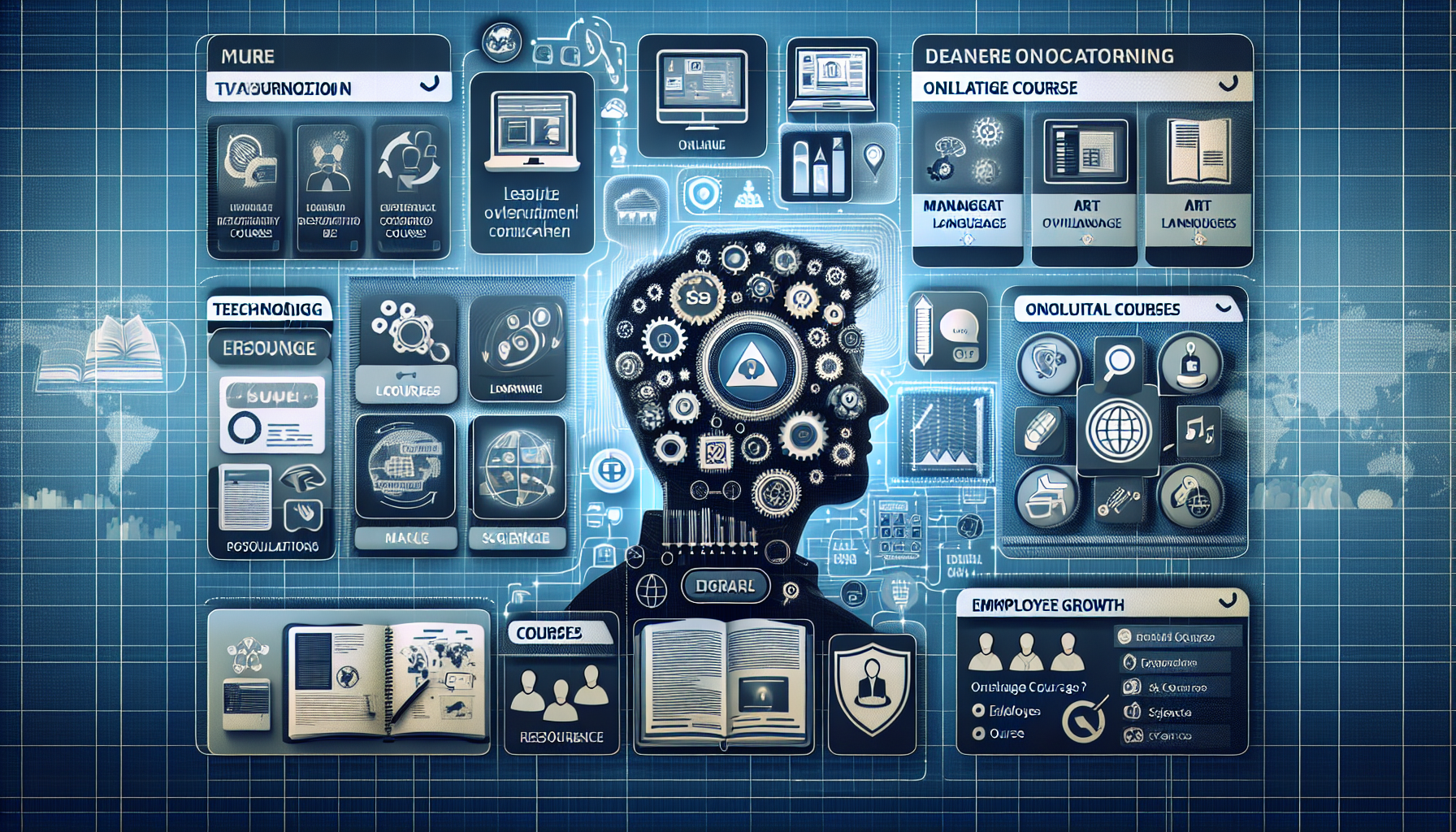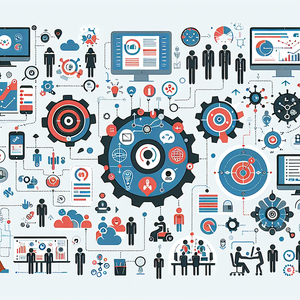The Future of Ryder Careers: Tech Transformations Ahead

Historically, the logistics industry has been characterized by manual processes and a heavy reliance on human labor. However, the advent of technology is reshaping the landscape. Ryder recognizes that to maintain its competitive edge, it needs to fully embrace technological advancements. Automation in warehousing, AI-driven route optimization, and data analytics are just a few examples of how technology is changing the industry. For example, Ryder has invested in AI-based software that enhances supply chain visibility, allowing for more efficient planning and execution. This technology not only improves operational efficiency but also reduces costs, ultimately benefiting both Ryder and its clients. As these technologies become more prevalent, the nature of job roles within the company is destined to evolve. Roles that were once defined by manual tasks are now integrating technology, requiring employees to adapt to new tools and processes.
Preparing the Workforce for Change
Recognizing the shift in job roles due to technological advancements, Ryder has committed to preparing its workforce for the future through various training initiatives. The company understands that as technology evolves, so must the skill sets of its employees. To this end, Ryder has implemented programs designed to upskill its workforce, ensuring that employees are well-equipped to handle the technological advancements transforming their roles. For instance, Ryder has launched comprehensive training programs focused on data analytics and AI. Employees are encouraged to participate in workshops and online courses that enhance their understanding of these technologies, ultimately fostering a culture of continuous learning. By empowering its employees with knowledge, Ryder positions itself as a forward-thinking employer in a competitive market, promoting career growth and adaptability.
The New Skill Sets in Demand
As technology continues to advance, the skills required for success in the logistics industry will also change. Ryder's focus on technology means that employees will need to develop a range of new competencies. Skills in data analysis, digital literacy, and proficiency with automation tools are becoming increasingly vital. For example, roles that were traditionally operational are now evolving to require employees to interpret data and make informed decisions based on analytics. Ryder acknowledges this shift and is actively seeking individuals who possess these in-demand skills. Moreover, the company is also looking to recruit tech-savvy talent who can bring fresh perspectives on how to integrate technology into logistics processes, ensuring that Ryder remains innovative and competitive.
The future of careers at Ryder is undoubtedly intertwined with the technological transformations taking place within the logistics industry. By embracing these changes, Ryder enhances its operational efficiency while simultaneously investing in the growth and development of its workforce. As the company navigates this new landscape, it remains committed to creating opportunities for its employees to thrive in an evolving job market. In conclusion, the rise of technology in logistics presents both challenges and opportunities. Ryder's proactive approach to workforce development ensures that its employees are not only prepared for the changes ahead but are also positioned to lead the industry into the future. As the logistics landscape continues to transform, Ryder stands ready to embrace these changes, driving innovation and success for both the company and its employees. The journey ahead in the realm of technology within logistics is not just about adaptation; it is about leveraging these advancements to create a more efficient, effective, and rewarding work environment.
Data Analyst - Logistics
Ryder, UPS, FedEx, Amazon
Core Responsibilities
Analyze large datasets to identify trends, inefficiencies, and opportunities for improvement within logistics operations.
Develop and maintain dashboards and reports to communicate data insights to key stakeholders.
Collaborate with IT and operations teams to integrate data analytics tools into existing processes.
Required Skills
Proficiency in data analysis software (e.g., SQL, Python, R) and data visualization tools (e.g., Tableau, Power BI).
Strong analytical and problem-solving skills with a keen eye for detail.
Experience within the logistics or supply chain sector is a plus.
AI Solutions Architect - Transportation
Ryder, IBM, Deloitte, tech startups in logistics
Core Responsibilities
Design and implement AI-driven solutions to optimize routing, inventory management, and supply chain logistics.
Collaborate with cross-functional teams to identify and address specific business challenges through AI technologies.
Stay updated on advancements in AI and machine learning to continuously enhance existing systems.
Required Skills
Strong understanding of machine learning algorithms and their applications in logistics.
Proficiency in programming languages such as Python and familiarity with AI frameworks like TensorFlow or PyTorch.
Previous experience in software development and solution architecture is essential.
Automation Engineer - Warehouse Operations
Ryder, Amazon Robotics, Siemens, various third-party logistics providers
Core Responsibilities
Design, implement, and maintain automated systems within warehouse environments to increase efficiency and accuracy.
Conduct regular assessments and optimizations of automated processes to ensure peak performance.
Train warehouse staff on new technologies and automated systems.
Required Skills
Expertise in automation technologies (e.g., robotics, conveyor systems) and programming (e.g., PLC programming).
Strong troubleshooting skills and experience with industrial automation tools.
Background in engineering or a related field is often required.
Supply Chain Digital Transformation Specialist
Ryder, Accenture, Capgemini, major retailers
Core Responsibilities
Lead initiatives to digitize supply chain processes, focusing on enhancing visibility and efficiency through technology.
Evaluate and implement digital tools that facilitate real-time data sharing and communication across the supply chain.
Work closely with stakeholders to align technology solutions with business goals.
Required Skills
Experience in change management and transformation projects within the logistics or supply chain sectors.
Strong understanding of digital tools and platforms used in supply chain management (e.g., ERP systems).
Excellent communication and project management skills.
Logistics Technology Consultant
Ryder, Deloitte, PwC, logistics consulting firms
Core Responsibilities
Assess clients’ logistics operations and recommend technology solutions that enhance efficiency and reduce costs.
Develop project plans for technology implementation and oversee the deployment of new systems.
Provide training and support to clients on new technologies and processes.
Required Skills
Strong background in logistics and technology, with experience in consulting preferred.
Excellent analytical skills to evaluate operational processes and technology needs.
Ability to communicate complex technical concepts to non-technical stakeholders.


